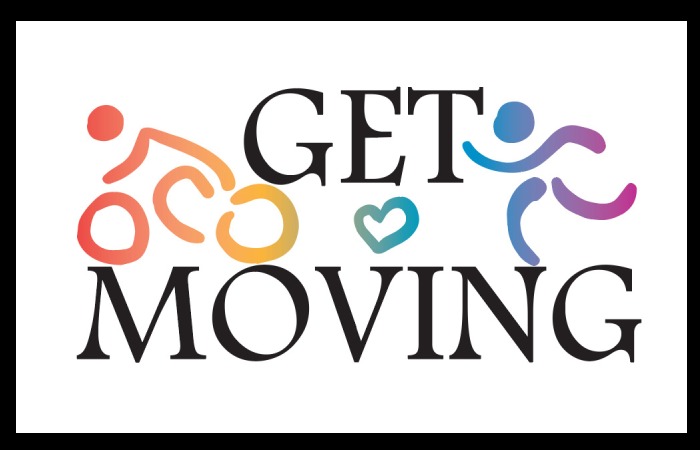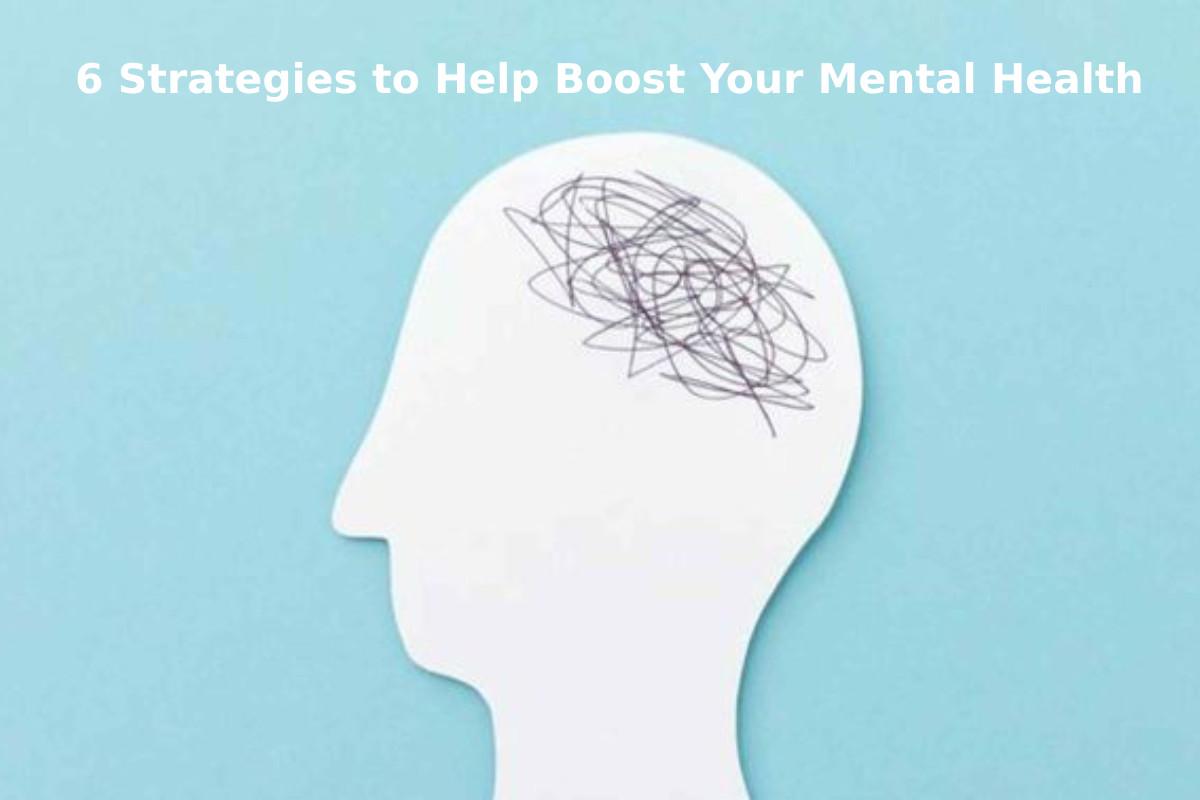Strategies to Help Boost Your Mental Health – Have you noticed you haven’t been yourself for a while now? Maybe you don’t enjoy singing along to your favorite songs as much. Hanging out with your friends is less enjoyable. Perhaps you’re even starting to think you’ve lost the magic touch at work. If that’s the case, it’s time to focus on your mental health.
Everyone has a few days where they just feel a bit off. If it’s becoming a pattern for you, though, it’s time to make some changes. Fortunately, there are some smaller, everyday steps you can take to help right your ship. Consider these six strategies to give yourself the mental health boost you need.
Table of Contents
1. Look for Some Help
Stress, anxiety, and depression may feel overwhelming, leaving you lost on how to rebuild your mental health. If you need some help receiving started, that’s OK. Mental health treatment is available online. After an evaluation by a licensed mental health provider, you can get a prescription to help you feel more in control.
If you still need another layer of support, talk therapy is a good option, as well. These providers will listen to your concerns and worries. Based on what they hear, they can pinpoint the reasons behind your feelings and help you face them head-on.
2. Go to the Java Route
Chances are you’ve woken up some mornings too bleary-eyed to feel functional. In those cases, what do you reach for first? It’s probably coffee. Millions of Americans rely on coffee every day to pull them out of brain fog and into alertness. If you’re in that group, you can bank on your cup of joe as a fast way to wake up.
Did you know it’s also an easy — and effective — way to give yourself a mental health bump? Your black coffee or caramel latte has been known to reduce symptoms of depression. Tons of coffee drinkers swear a cup or two of “the bean” also improves energy and concentration. If you’re trying to dodge caffeine, reach for green tea instead. It can lower your level of the stress hormone cortisol.
3. Get Moving

OK, so it’s hot outside — really hot outside. Exercise can still be the best medicine if your mental health is in a long-term nosedive. If you’ve ever heard of the “runner’s high,” that feel-good state runners get, you’ll know it’s true. Getting your heart rate up triggers your body to release endorphins, your “happy hormones.”
Working out regularly helps you clear your mind. The huge news is that you don’t have to spend hours in the gym to feel the benefit. It only takes between 20 and 30 minutes for that mental health boost to kick in. So take a quick morning walk before work or practice yoga at night. You’ll find the more active you are, the better you’ll feel.
4. Focus on Prep Work
Fewer things can make you feel more out of sorts than having a lot thrown at you all at once. This often happens when you put things off until the last minute. It’s enough to make you feel overwhelmed and drag you down. Hold on, stop for a minute, and take a deep breath. Reclaiming control is possible — you just need to do some prep work.
If the morning rush stresses you out, take care of a few things at night. set your lunch, lay out your clothes, and put your car keys and phone by the door. Morning routines run like clockwork when you make decisions the night before and put things where you can find them. What a great, stress-free start to your day!
5. Put Down the Phone
That smartphone — the little minicomputer you hold in your hand — is a fantastic device. It’s almost a requirement for both your work and your personal life. Unluckily, it can also be a source of significant stress and anxiety that drive down your mental health. It’s simple to get caught in a loop, using your phone for work and web surfing.
Breaking the smartphone habit won’t be easy, but you need to take regular tech breaks. Set a time boundary for how long you’ll indulge in your internet scrolling. Promise yourself you’ll never comment on a hot-button social media post or a controversial news story. Engaging in those online battles is a surefire way to torpedo your mental health.
You can also give yourself another mental health boost by protecting your sleep. It’s simple. Put your phone on “Do Not Disturb” for a certain number of hours at night. Instead of constantly hearing social media or news alert notifications, you’ll snooze away.
6. Learn Something New
Sometimes mental health slumps are linked to boredom. If it seems like nothing new or exciting is going on, you may start to feel depressed. Learning something new does more than spark your interest. It can build your self-confidence, give you a sense of purpose, and help you build new friendships.
If you’ve always wanted to learn another speech, now is a great time. Look around your house for fix-it projects. There is an abundance of DIY videos online to teach you new skills. The point is, try something that challenges and entertains you. With every new thing you learn — every accomplishment — you may feel your mental health improve.
One thing in life is certain: You’re going to have some bad days. When they start mounting up, though, it’s time to push back. There’s no magic spell that will safeguard your mental health all the time. Trying a few of these strategies, however, can help pull you out of a rut before you know it.

